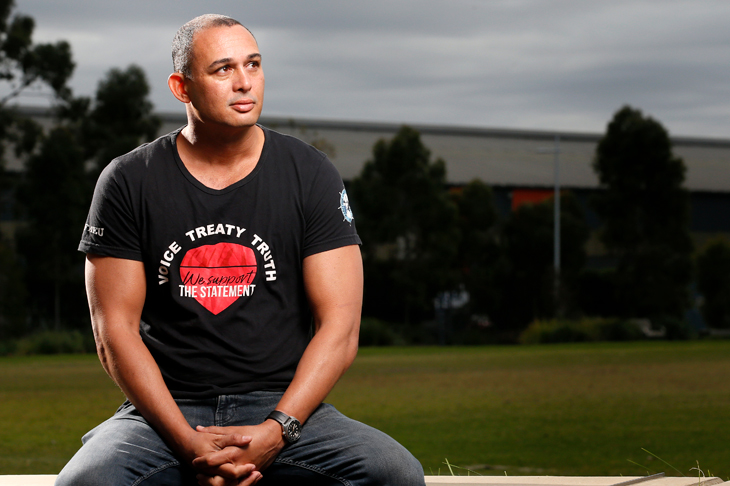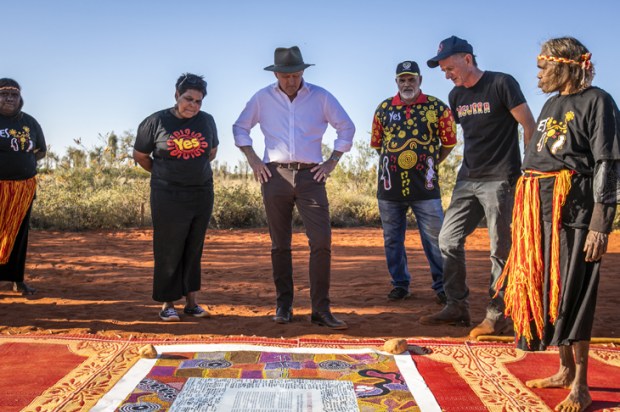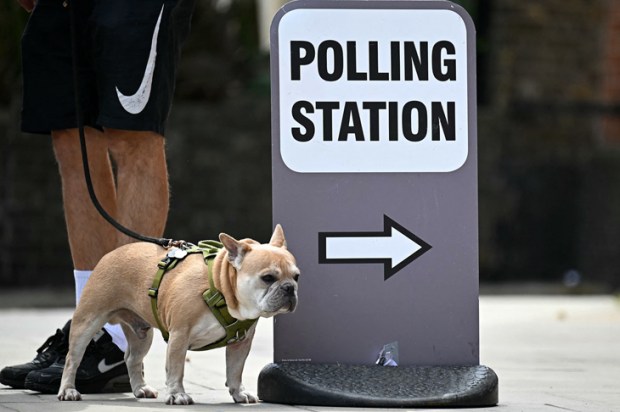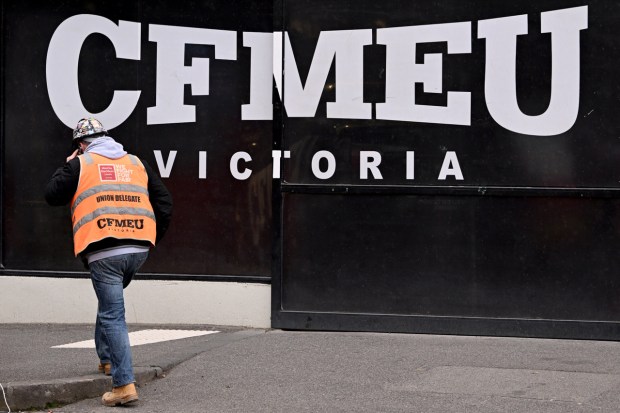Back before 1982 when Canada brought in an entrenched Charter of Rights (without any referendum or even election on the issue, by the way), the naysayers were won over by the promise of what was called a ‘notwithstanding’ clause. This is Section 33. If the elected legislature thinks some decision by the unelected judges to invalidate a law is wrong, it can declare that the statute still operates ‘notwithstanding’ the judges’ views of how the Charter of Rights operates.
Already a subscriber? Log in
Subscribe for just $2 a week
Try a month of The Spectator Australia absolutely free and without commitment. Not only that but – if you choose to continue – you’ll pay just $2 a week for your first year.
- Unlimited access to spectator.com.au and app
- The weekly edition on the Spectator Australia app
- Spectator podcasts and newsletters
- Full access to spectator.co.uk
Unlock this article
You might disagree with half of it, but you’ll enjoy reading all of it. Try your first month for free, then just $2 a week for the remainder of your first year.












Comments
Don't miss out
Join the conversation with other Spectator Australia readers. Subscribe to leave a comment.
SUBSCRIBEAlready a subscriber? Log in